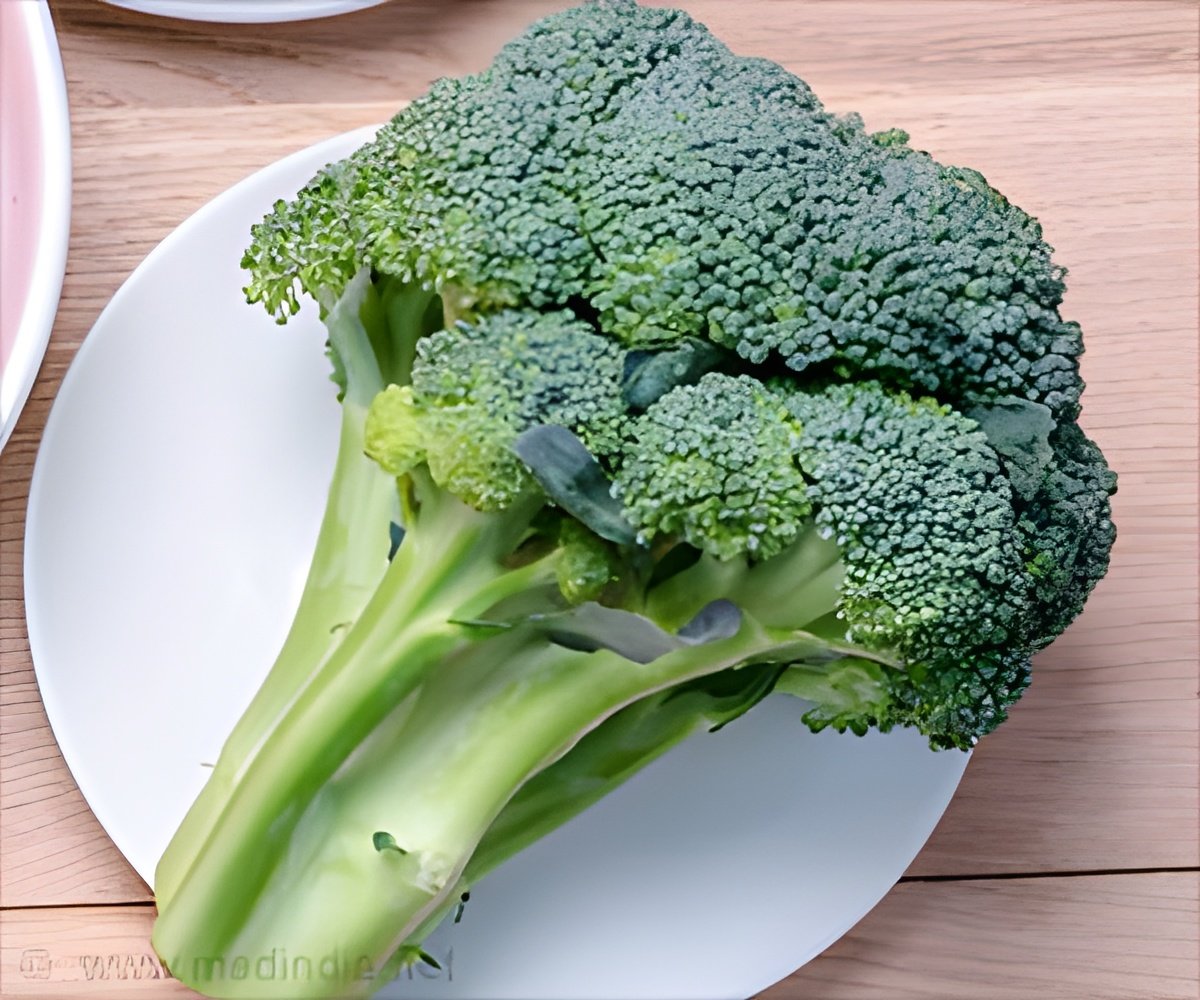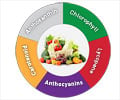Phytochemical found in cruciferous vegetables such as broccoli may kill antibiotic-resistant pathogens.

‘Phytochemical found in cruciferous vegetables such as broccoli may kill antibiotic-resistant pathogens.’
Read More..




Read More..
Phytochemical in Broccoli may Fend Off Antibiotic-resistant Pathogens: Here’s How
Researchers from Ben-Gurion University (BGU) of the Negev (Israel) decided to go in a different direction and investigated a phytochemical derived from cruciferous vegetables such as broccoli that breaks down the biofilm.The phytochemical 3,3’-diindolylmethane (DIM) successfully broke down the biofilms protecting two different pathogens including Acinetobacter baumannii and Pseudomonas aeruginosa– enabling their eradication 65% and 70% of the time, respectively. Combined with antibiotics, that number jumped to 94%.
Prof. Ariel Kushmaro, Dr. Karina Golberg and his team together with Prof. Robert Marks, all of them members of the Avram and Stella Goldstein-Goren Department of Biotechnology Engineering at BGU chronicled their findings in the peer-reviewed journal Pharmaceutics recently.
Additionally, when they introduced DIM into an infected wound, it sped up the healing process significantly, the team found.
"Our findings show promise for other avenues of research in addition to known classes of antibiotics," says Prof. Kushmaro.
Advertisement
Additional researchers from Prof. Kushmaro’s lab included: Bat-el Kagan, Sigalit Barzanizan, Dr. Karin Yaniv and Dr. Esti Kramarsky-Winter. They collaborated with researchers from Near East University and Girne American University in Cyprus.
Advertisement
Prof. Kushmaro is also a member of the Goldman Sonnenfeldt School of Sustainability and Climate Change, and the Ilse Katz Center for Nanoscale Science and Technology.
Source-Eurekalert













